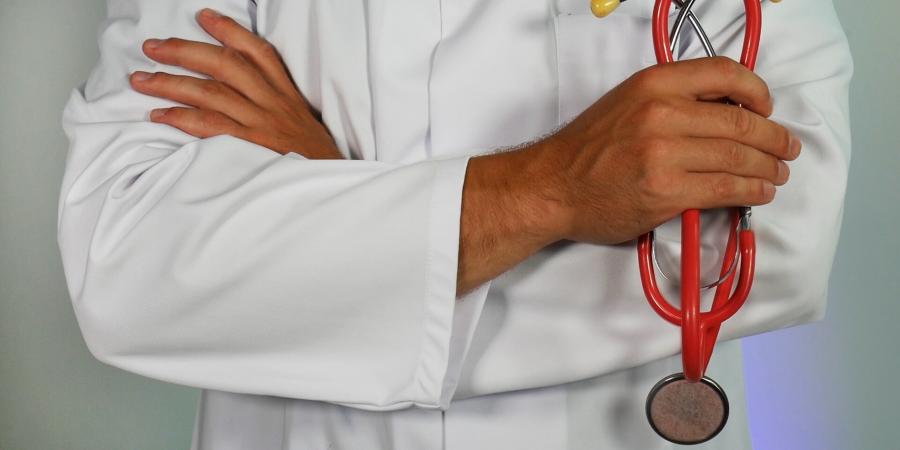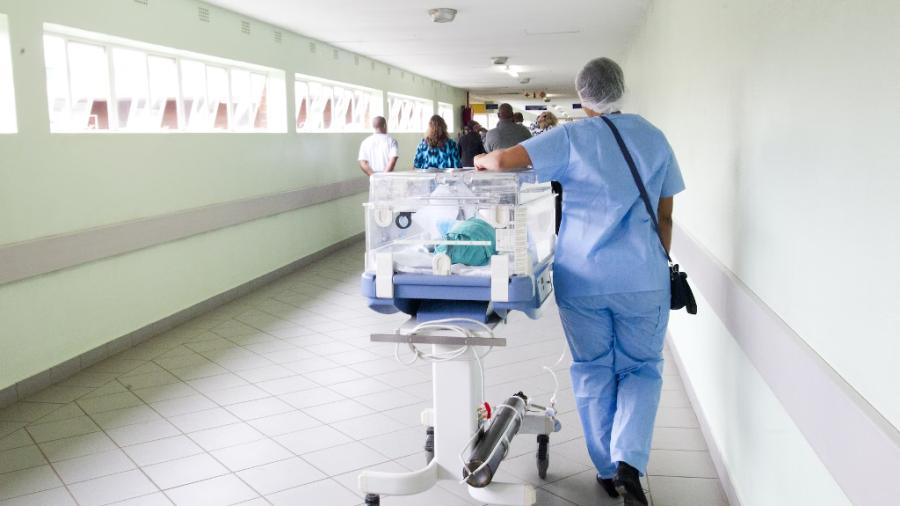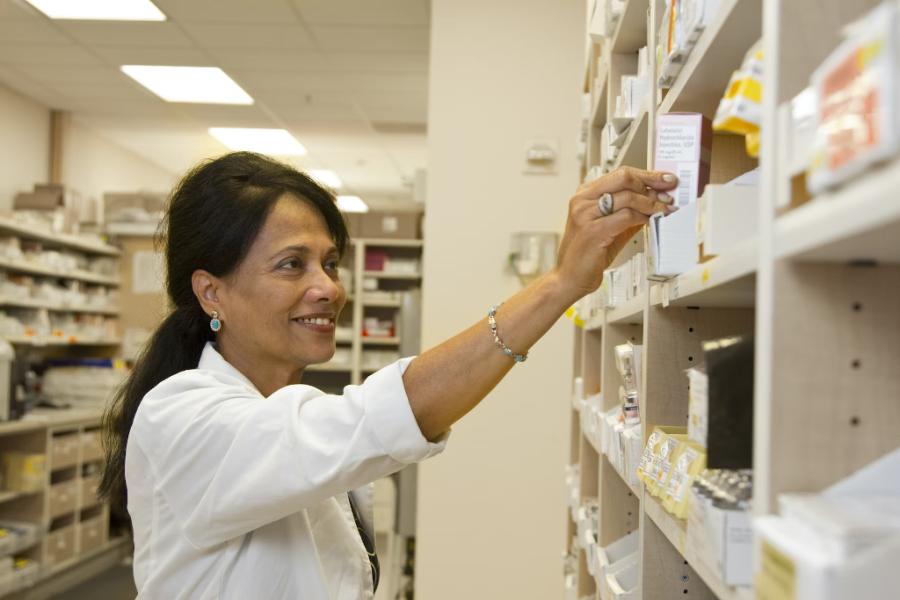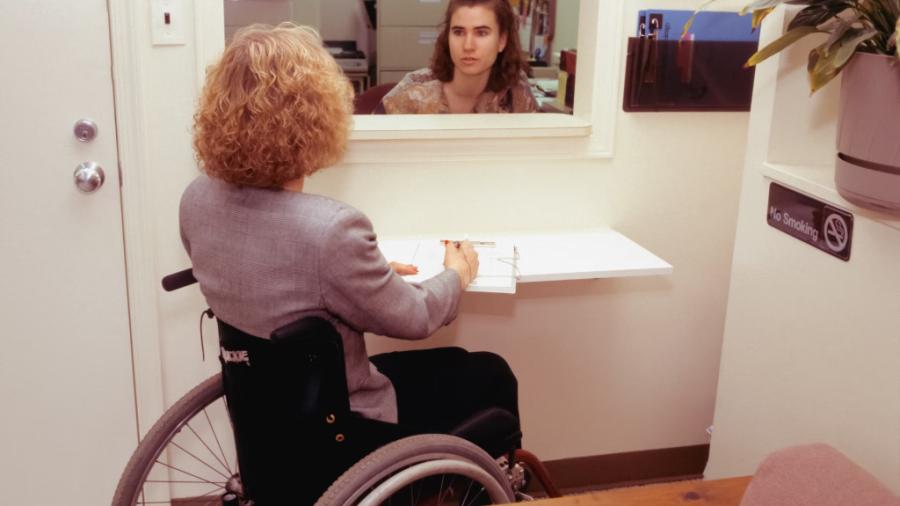The Different Types of Staff in the Hospital

Whenever you enter a hospital there are so many staff members you get to see moving here and there, which clearly shows that a hospital is not about doctors alone. Doctor’s need help in different departments in different ways so that all consultations, operations, and treatment can be performed smoothly. This is the reason why they hire different staff in the hospital. But who are these staff members? What tasks do they perform? If such are the questions now running in your mind then continue reading to discover your answers.
Hospital Staff Categories:
Below is a list of some basic hospital staff categories:
Healthcare Assistants

A healthcare assistant or HCA works under the guidance of various healthcare professionals. You might have seen HCAs assisting midwives in mental health or maternity services, or working with nurses in hospitals. Some of their duties include monitoring, observing, and recording the conditions of patients by taking the weight, pulse, and temperature. They also communicate with the relatives of patients, and check ordering supplies.
Nurses
Nurses play a very important role in hospitals, and in fact, without them, it is not possible for hospitals to work. They are the ones who spend maximum time with the patients. They observe and monitor patients throughout the day, and this is why they are the first ones to know if there are any changes in the patients, and then they immediately inform the doctors about it. There are different types of nurses – licensed practical nurses, certified nursing assistants, and registered nurses. They may have different roles but all of them are responsible for mentoring and observing the patients. Those interested in nursing should take a look at the career of LPNs.
Physicians
Physicians are the ones you first imagine when you think of hospitals. They provide the highest levels of care needed by patients. This includes diagnosing the disease and treating patients and providing them with inpatient and outpatient care. Physicians also have the responsibility of providing updates and reports on the patients to their families and letting them know about the required treatment. Physicians must have the skills to communicate with their patients, families, and other healthcare providers. They also need to have the ability to collaborate with other medical experts to provide the best treatment for their patients.
Pharmacists

Patients in the hospital need different types of drugs, and it is the pharmacists who have the responsibility of managing and distributing such drugs. They need to maintain the proper level of each drug and also package the drug to be administered. The pharmacists also have to carefully review the new drugs being prescribed to patients, compare them with the medications that they are already taking, and identify any risks that may arise from these combinations. It is important to note that pharmacists are medical professionals and they have an ethical responsibility to patients and other health care providers to keep up to date with new research and changes in their field. If a pharmacist is unsure about the safety of a drug or the correct way to administer it, they should not hesitate to contact their supervisor or another health care provider for advice.
Technicians
There are so many types of technicians in a hospital, including radiology technicians, surgical technicians, patient care technicians, electroencephalogram technicians, pharmacy technicians and so on. They help other hospital professionals in their duties and are more in touch with the patients than the professionals themselves. These technicians work in different departments of a hospital and provide assistance as well as technical advice to the doctors and nurses. They gather information about the patient's medical history and current condition and collect data from diagnostic tests like blood tests and X-rays. They prepare the patient for these diagnostic tests and assist the doctors during surgery. Pharmacy technicians are responsible for preparing and distributing medications to patients according to the doctor's prescription.
Clerical Staff

Though they are not given much importance, nonetheless, they perform very important tasks. This category includes the receptionist who takes phone calls from patients, answers their queries, fixes appointments, calls patients if they do not turn up on time, manages the anxiety of family members, and so on. Apart from the receptionists, other people in this category are hospital operators, the staff assisting the hospital administrators, and the people working in medical records.
Conclusion
There are many other staff members in a hospital, all of them are equally important, and it is their combined efforts that make things easier for the patients, helping them recover fast, and that too without facing any troubles. The doctors, nurses, and other staff members work collectively to achieve a common goal of providing the best medical care possible to each and every patient. It is not important in which department you work, but the fact that you are working towards a noble cause. The facilities and amenities provided at a hospital are there for a reason, and that is to make things easier for patients.
About the Author
Jay is a freelance writer focusing on health and wellness. He has been writing for us on health, medicine, elder care and other topics.






